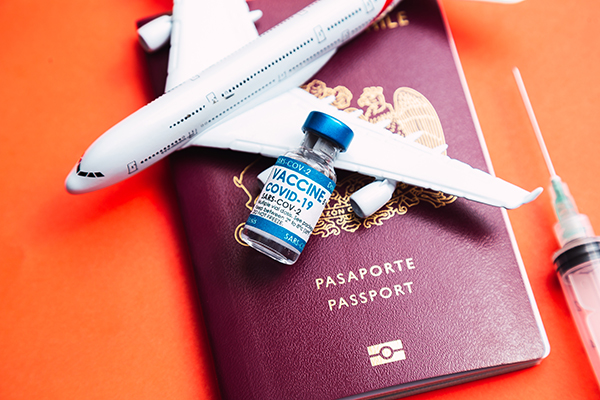
As a company, Costco has consistently received praise for keeping both employees and consumers content. It seems that they are at it again with their latest policy for preserving bees and other pollinators.
Costco launches policy to protect pollinators
A 2016 policy release, entitled "Costco Wholesale's Live Goods Policy To Protect Pollinator Health," the retail giant stated:
Costco Wholesale understands that the honey bee population is declining and these bees are necessary for the life cycles of people, plants and the food we consume. We have invested in a multi-year research project to improve honey bee health and sustainability and are committed to following the continuing research, developments surrounding bee colony collapse and other areas of environmental concern. We are also committed to business practices that support the growth and sustainability of bees and other pollinators.
Costco's policy also encourages their suppliers to use eco-friendly methods of pest or disease control when producing goods for their company, as well as minimizing the use of all non-essential chemicals. The retail giant is also mandating that the application of any chemicals must be done in strict accordance with all local and federal laws and regulations.
Costco is also heartily discouraging the use of neonicotinoids, particularly on plants where bees are considered to be primary pollinators, or on plants that are known to attract bees. [Related: Keep up with the latest pesticide news at Pesticides.news]
Waking Times reports that, "The policy follows on the heel of an announcement by the U.S. Environmental Protection Agency (EPA) to 'mitigate the acute risks to bees from pesticide products.'"
Between its 705 stores across the globe and yearly sales totaling upwards of $120 billion, Costco is in an amazing position to help lead a massive movement against the use of these harmful products. Given the devastating decline of bee populations (which continue to dwindle), it is absolutely essential that we begin to end the use of harmful pesticides and other such chemicals.
Recently, the rusty patched bumblebee was added to the endangered species list. Twenty years ago, the rusty patched bumblebee was a prevalent species. It is now the first bee in the contiguous 48 states to have been proposed for endangered species status, but there are grave concerns that it won't be the last.
Dangers of neonicotinoids
Neonicotinoids, or neonics for short, are a popular class of insecticides. Research continues to show, however, that these insecticides don't just harm the intended species of insects -- they are also harmful to bees and other pollinator species.
Researchers from Mainz University Medical Center and Goethe University Frankfurt recently found that even low, field-relevant doses of neonics are indeed harmful to bees. Their research was published by the esteemed journal, PLOS One in 2016. They found that even small amounts of neonics can negatively affect acetylcholine levels in developing bee larvae. This can have a serious affect on the bees' future development. Larger amounts were associated with more dramatic effects.
Professor Ignaz Wessler, one of the study's lead authors, commented, "Our research results thus confirm that the neonicotinoids can jeopardize the normal development of honeybee larvae."
Back in 2013, the EU came to a similar conclusion -- prompting them to place temporary restrictions on three popular neonicotinoid insecticides; imidacloprid, clothianidin and thiamethoxam.
Several scientific publications have indicated that non-lethal amounts of neonics could very well be associated with the dramatic decline in bee populations. Abnormalities in breeding and impaired flight orientation have also been reported.
Sources:
Please contact us for more information.























